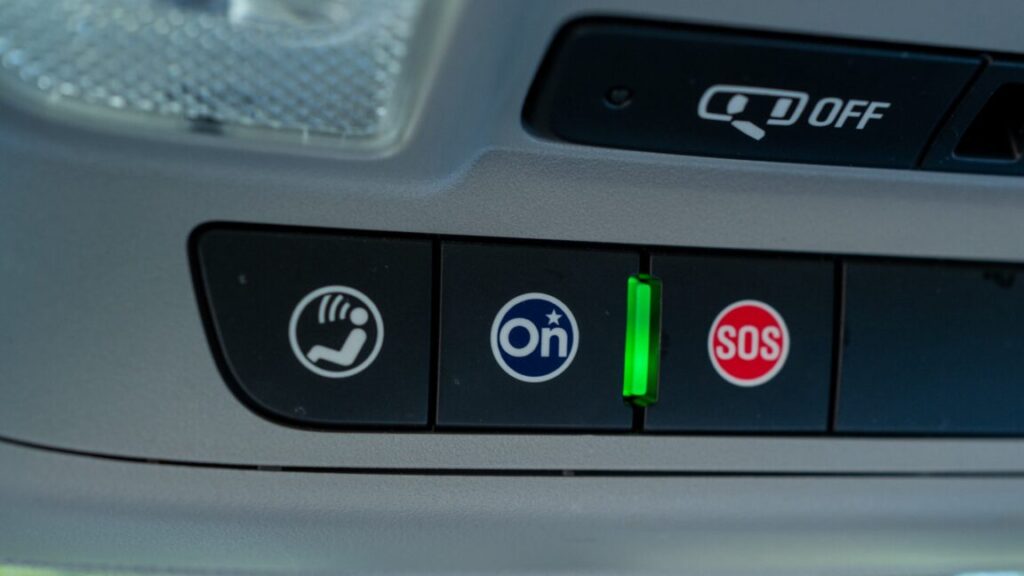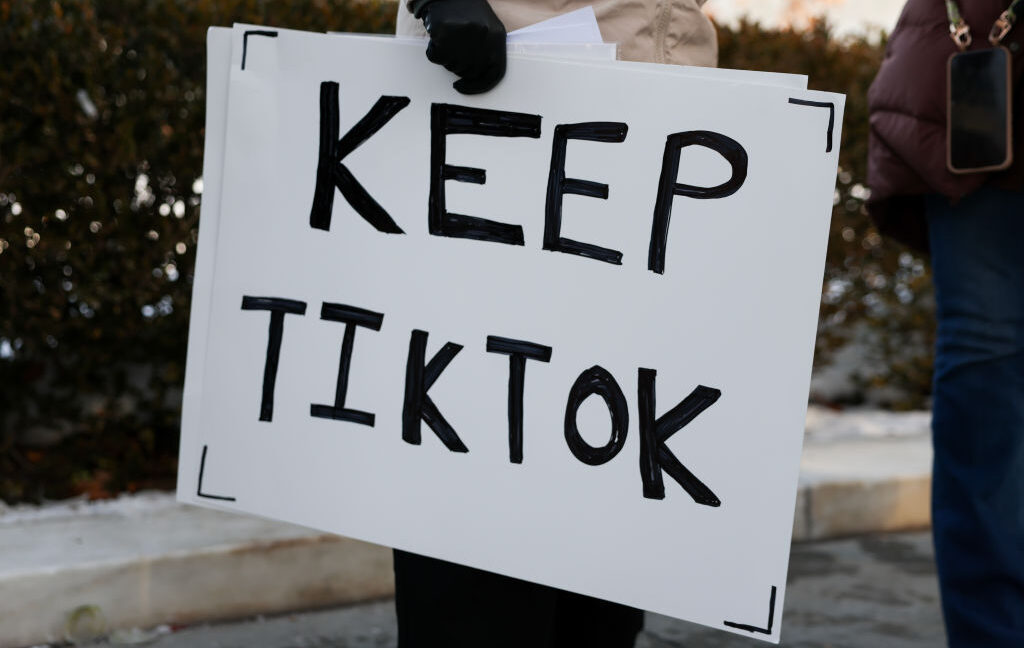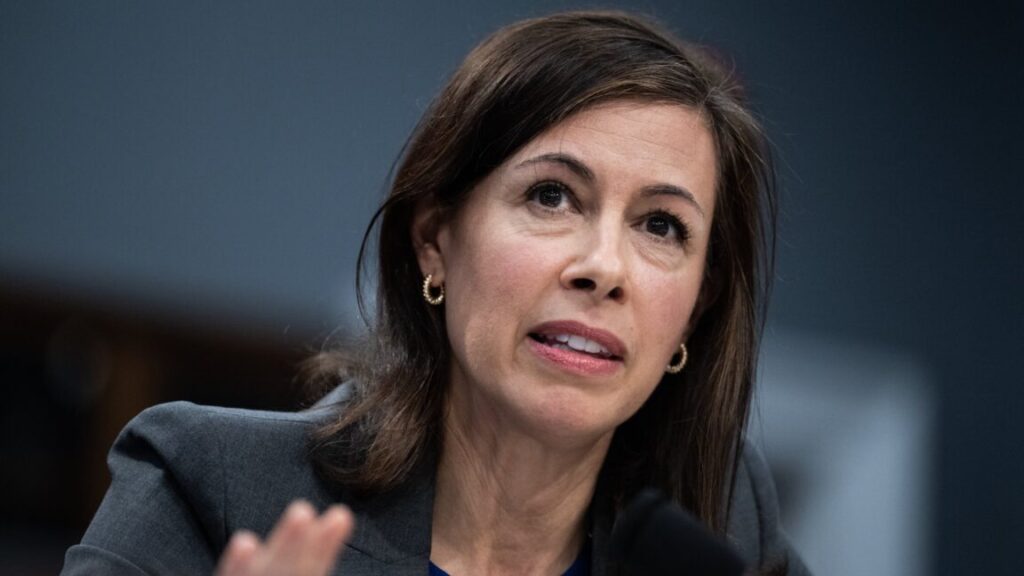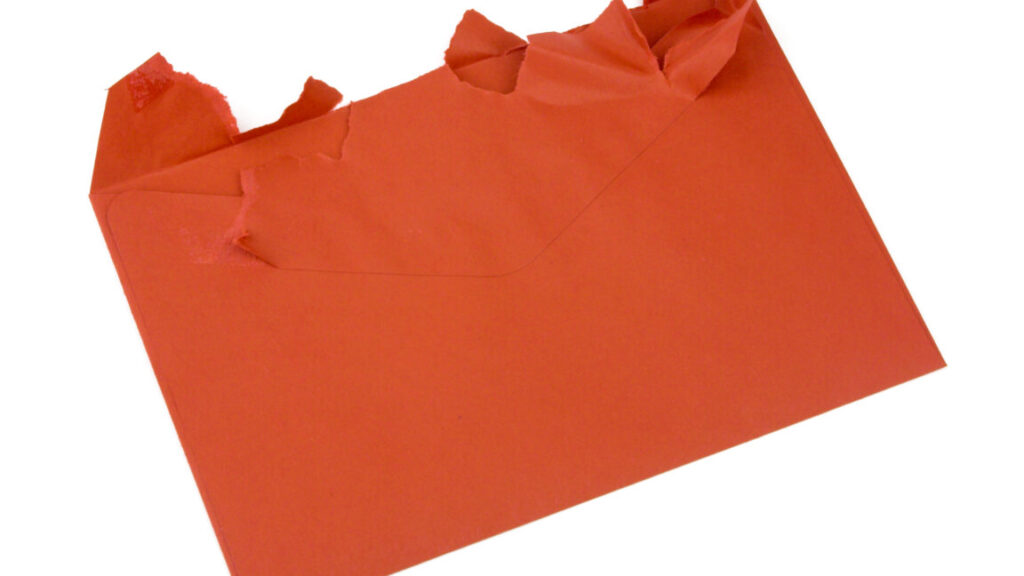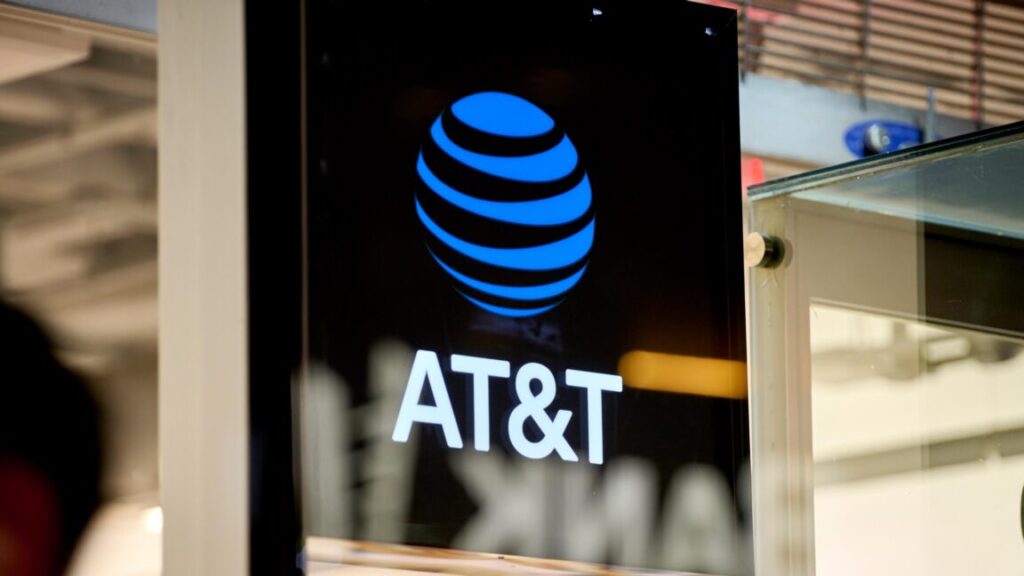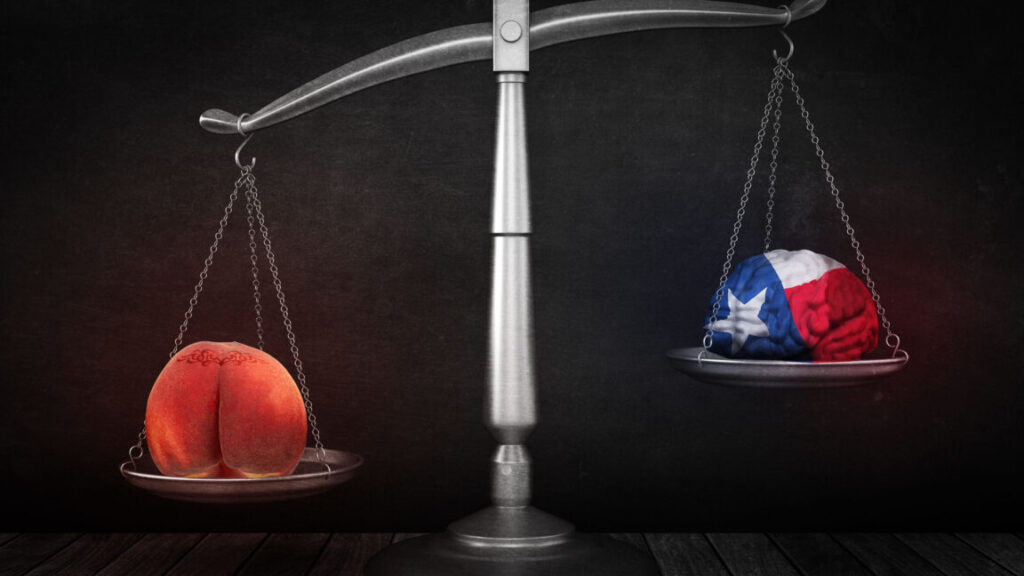Has Trump changed the retirement plans for the country’s largest coal plants?
A growth in electricity demand is leading to talk of delayed closures.
A house is seen near the Gavin Power Plant in Cheshire, Ohio. Credit: Stephanie Keith/Getty Images
This article originally appeared on Inside Climate News, a nonprofit, non-partisan news organization that covers climate, energy, and the environment. Sign up for their newsletter here.
There is renewed talk of a coal power comeback in the United States, inspired by Donald Trump’s return to the presidency and forecasts of soaring electricity demand.
The evidence so far only shows that some plants are getting small extensions on their retirement dates. This means a slowdown in coal’s rate of decline, which is bad for the environment, but it does little to change the long-term trajectory for the domestic coal industry.
In October, I wrote about how five of the country’s 10 largest coal-fired power plants had retirement dates. Today, I’m revisiting the list, providing some updates and then taking a few steps back to look at US coal plants as a whole. Consider this the “before” picture that can be judged against the “after” in four years.
Some coal plant owners have already pushed back retirement timetables. The largest example, this one from just before the election, is the Gibson plant in Indiana, the second-largest coal plant in the country. It’s set to close in 2038 instead of 2035, following an announcement in October from the owner, Duke Energy.
But the changes do not constitute a coal comeback in this country. For that to happen, power companies would need to be building new plants to replace the many that are closing, and there is almost no development of new coal plants.
That said, there have been some changes since October.
As recently as a few months ago, Southern Co. was saying it intended to close Plant Bowen in Georgia by 2035 at the latest. Bowen is the largest coal plant in the country, with a summer capacity of 3,200 megawatts.
Southern has since said it may extend the plant’s life in response to forecasts of rising electricity demand. Chris Womack, Southern’s CEO, confirmed this possibility when speaking at a utility industry conference in November, saying that the plant may need to operate for longer than previously planned because of demand from data centers.
Southern has not yet made regulatory filings that spell out its plans, but this will likely occur in the next few weeks, according to a company spokesman.
In October, I reported that the Gavin plant in Ohio was likely to get a 2031 date to retire or switch to a different fuel once the plant’s pending sale was completed. The person who shared that information with me was involved with the plans and spoke on condition of anonymity because the sale was not final.
Since then, the prospective buyer of the plant has said in federal regulatory filings that it has no timetable for closing the plant or switching to a different fuel. The plant is changing hands as part of a larger deal between investment firms, with Lightstone Holdco selling to Energy Capital Partners, or ECP. Another company, coal exporter Javelin Global Commodities, is buying a minority share of the Gavin plant.
I went back to the person who told me about the 2031 retirement date. They said forecasts of rising electricity demand, as well as the election of Trump, have created enough uncertainty about power prices and regulations that it makes sense to not specify a date.
The 2031 timeline, and its abandonment, makes some sense once you understand that the Biden administration finalized power plant regulations last spring that gave coal plant operators an incentive to announce a retirement date: Plants closing before 2032 faced no new requirements. That incentive is likely to go away as Trump plans to roll back power plant pollution regulations.
Gavin’s sale is still pending. Several parties have filed objections to the transaction with the Federal Energy Regulatory Commission, arguing that the sellers have not been clear enough about their plans.
An ECP spokesman said the company has no comment beyond its filings.
Other than the changes to plans for Bowen and Gavin, the outlook has not shifted for the rest of the plants among the 10 largest. The Gibson and Rockport plants in Indiana still have retirement dates, as do Cumberland in Tennessee and Monroe in Michigan, according to the plants’ owners.
The Amos plant in West Virginia, Miller in Alabama, Scherer in Georgia, and Parish in Texas didn’t have retirement dates a few months ago, and they still don’t.
But the largest coal plants are only part of the story. Several dozen smaller plants are getting extensions of retirement plans, as Emma Foehringer Merchant reported last week for Floodlight News.
One example is the 1,157-megawatt Baldwin plant in Illinois, which was scheduled to close this year. Now the owner, Vistra Corp., has pushed back the retirement to 2027.
A few extra years of a coal plant is more of a stopgap than a long-term solution. When it comes to building new power plants to meet demand, developers are talking about natural gas, solar, nuclear, and other resources, but I have yet to see a substantial discussion of building a new coal plant.
In Alaska, Gov. Mike Dunleavy has said the state may build two coal plants to provide power in remote mining areas, as reported by Taylor Kuykendall of S&P Global Commodity Insights. Flatlands Energy, a Canadian company, has also talked about building a 400-megawatt coal plant in Alaska, as Nathaniel Herz reported for Alaska Beacon. These appear to be early-stage plans.
The lack of development activity underscores how coal power is fading in this country, and has been for a while.
Coal was used to generate 16 percent of US electricity in 2023, down by more than half from 2014. In that time, coal went from the country’s leading fuel for electricity to trailing natural gas, renewables, and nuclear. (These and all the figures that follow are from the US Energy Information Administration.)
The United States had about 176,000 megawatts of coal plant capacity as of October, down from about 300,000 megawatts in 2014.
The coal plants that do remain are being used less. In 2023, the average capacity factor for a coal plant was 42 percent. Capacity factor is a measure of how much electricity a plant has generated relative to the maximum possible if it was running all the time. In 2014, the average capacity factor was 61 percent.
Power companies are burning less coal because of the availability of less expensive alternatives, such as natural gas, wind, and solar, among others. The think tank Energy Innovation issued a report in 2023 finding that 99 percent of US coal-fired power plants cost more to operate than the cost of replacement with a combination of wind, solar, and batteries.
The Trump administration will arrive in Washington with promises to help fossil fuels. It could extend the lives of some coal plants by weakening environmental regulations, which may reduce the plants’ operational costs. It also could repeal or revise subsidies that help to reduce the costs of renewables and batteries, making those resources more expensive.
I don’t want to minimize the damage that could be caused by those policies. But even in extreme scenarios, it’s difficult to imagine investors wanting to spend billions of dollars to develop a new coal plant, much less a fleet of them.
Has Trump changed the retirement plans for the country’s largest coal plants? Read More »




